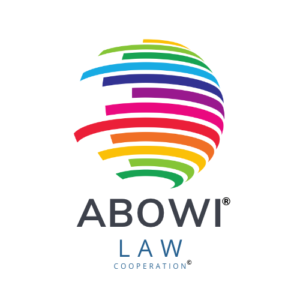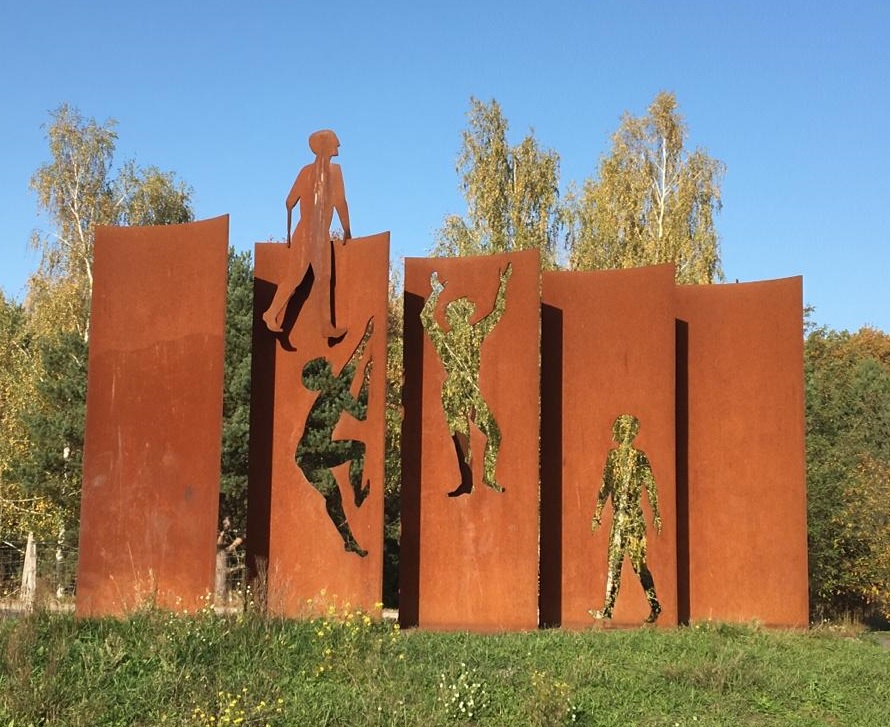ABOWI: „The Lawyers of the World“ – an interview series by Josefine Schulte, a law student from Berlin, Germany. Law around the world, Josefine Schulte asks herself through all the world states, from Egypt to the Central African Republic.
The project ABOWI- Across Borders With Information aims to interview lawyers from 197 countries around the world. Legal education, legal decisions, and laws – what unites lawyers worldwide? Does digitalisation influence the legal profession? How is the digitisation of the legal profession developing in comparison to Europe, America, China, or Africa? Thanks to the Internet, we can travel virtually to every country. ABOWI – Across Borders With Information – travels virtually through the internet and interviews people who are willing to share their experiences, visions, and knowledge. Answers to absurd laws, as for example in Idaho (USA): the boxes of chocolates given by men to their loved ones must weigh more than 50 pounds. Or anyone who brings a poppy seed roll to Dubai is liable to prosecution. ABOWI asks! Before the interview series starts, the preparation has to come first: How does the structure of an interview determines to become a success? The term „interview“ is composed of the Latin „inter“ (in between) and the English „view“ (opinion) and means a special form of questioning.
Interview forms: structured, unstructured and semi-structured
- Structured interview: strict structure with a questionnaire and exact processing.
- Unstructured interview: Interview partner tells freely without distraction.
- Semi-structured interview: Easy steering, the flexibility of questions and order, with the goal of a dynamic interview
Questions and answers: Writing the interview
Composing a story means freedom in its realisation. One important thing is that the story should be good to be told. An interview, on the other hand, sets clear limits to the writer. The basis of the text is what was spoken, and the interviewee has a right to have his or her answers reproduced truthfully, without any falsification. The focus is therefore on the preparation of the interview.
It should be noted that the interview does not have to be written down one to one, i.e. with colloquial expressions and coughing of the interviewee.
Slight changes are allowed, individual passages can be omitted to shorten the text, but without changing the meaning of the statements. As well as the order of the questions may not be changed. After the elaboration, the so-called „formed interview“ is created, which is ideally structured as follows:
1. Introduction: a short introduction of the topic and interview partner.
2. Orientational questions
3. The interview as a dramaturgical structure – entering the topic with depth and creating tension.
4. Keep questions short – answers longer.
5. Final part combines the topic, short conclusion with a concise statement.
The agreement of the interviewee is quite complex. Consent must be obtained in advance, or at the latest for the final written interview before publication is permitted. Please note Quotations: „However, anyone who gives an interview knowing that it is to be broadcast or printed, gives consent for publication by his or her conclusive behaviour (LG Köln, 28 O 134/89). This behaviour is to be assumed if, for example, a microphone is obviously held out to him and a recording device is directed at him and he then responds to the interviewer. „For the right to the spoken word belongs to the general right of personality, which is defined by Art. 2 para. 1 in conjunction with Art. 1 para. 1 GG guarantees. This includes the power to determine whether the communication content is to be made available only to the interviewer, to a specific group of people, or to the public (BGH, XII ZR 227/03; BGH, XII ZR 210/04). Thus, if the interviewee takes notice of a conversation appointment, he or she has the right to his or her own word. At least according to German laws.
A guideline created helps the interviewer to maintain the intended structure so that it can be ensured that chosen essential topics are not forgotten.
„For the sake of simplicity, the masculine form is used throughout the text; the […] feminine form is naturally included“.
V.i.s.d.p:
stud. iur. Josefine Antonia Schulte
Contact:
ABOWI UAB
K. Kalinausko g.24
03107 Vilnius
Email: law@meet-an-expert.com
About ABOWI:
Across Borders With Information – ABOWI, an interview series by Josefine Schulte law student from Berlin in Germany. Questions and Answers: A journey around the world revealing differences and prejudices. What moves the lawyers of this earth, Josefine Schulte asks herself from Azerbaijan to Cyprus.

